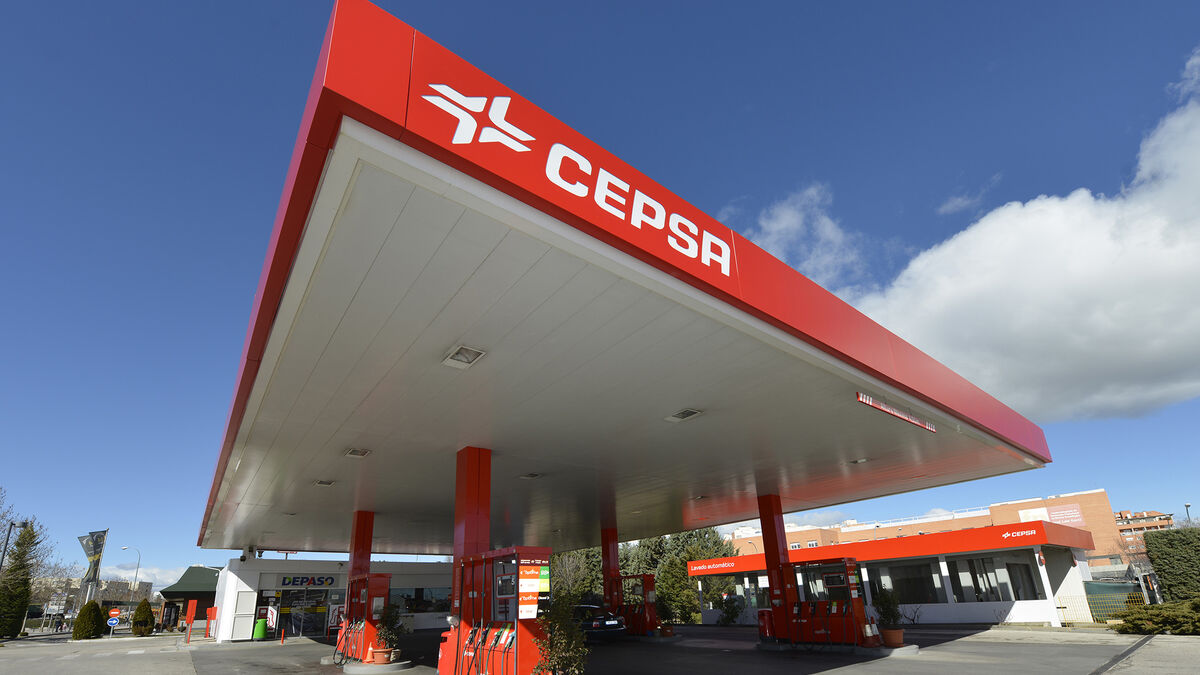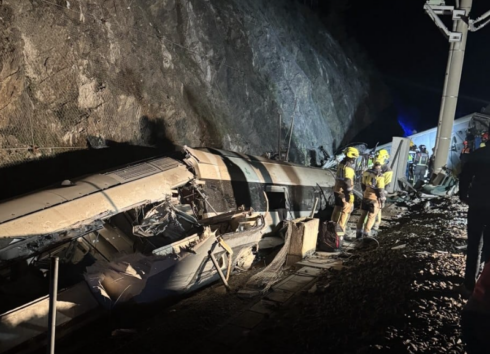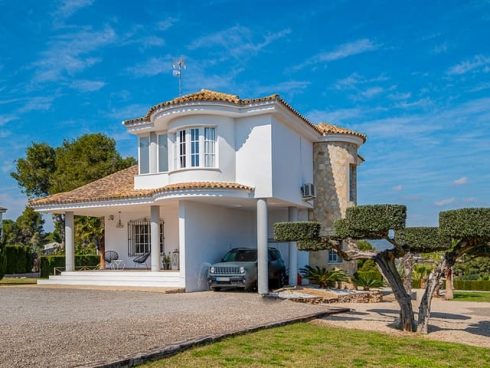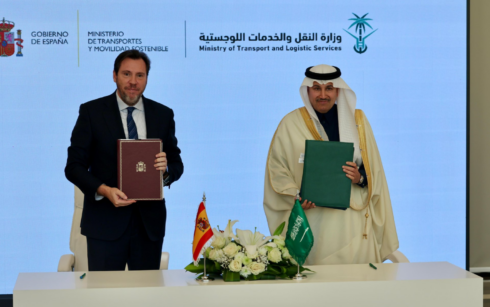SPANISH energy company Cepsa will spend €8 billion in a shift to using low-carbon energy sources by 2030.
The plan is for half the firm’s earnings to come from sustainable energy within eight years, as oppose to a projected 14% this year.
Part of the strategy is a major overhaul of its network of 3,000 fuel stations in Spain to promote the use of electric cars and to offer a wider range of services.
Service areas may expand to include restaurants, fresh food sales, pharmacies, parcel collection points, and sustainable washing services.
Over electric cars, chief executive Maarten Wetselaar, said: “In partnership with Endesa, we plan to create the biggest electric mobility ecosystem in Spain and Portugal with an ultra-fast road charging network that includes at least one 150-kilowatt charger every 200 kilometres on the country’s main roads.”

The Cepsa plan backs the concept of green hydrogen, produced by passing renewably-produced electricity through water to split the element from oxygen.
By 2030, Cepsa plans to have a green hydrogen refuelling station for heavy goods vehicles on all of the main routes that link Spain with Europe.
The firm added that it is targeting net-zero emissions by 2050.
Wetselaar said that he wants to make the most of a ‘historic opportunity’, including developing southern Spain’s wind and solar resources and building plants with a combined capacity of 7 gigawatts, roughly equivalent to seven nuclear plants.
“This will help strengthen Europe’s energy security and independence,” he observed.
READ MORE:
- Endesa power company to invest €31 billion until 2030 on green energy in Spain and Portugal
- Largest ultra-fast electric car charging point in southern Europe opens by Costa Blanca airport in Spain
- Car giant Volkswagen to produce electric car batteries at new site in Spain’s Valencia area
Click here to read more Business & Finance News from The Olive Press.








